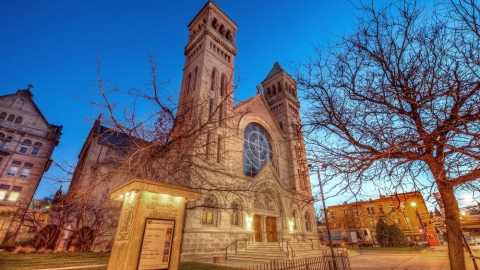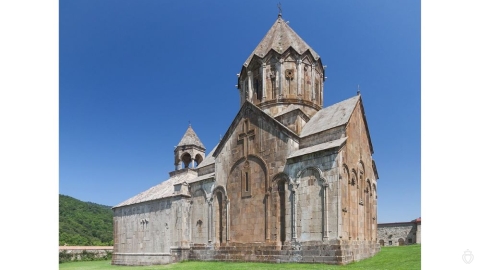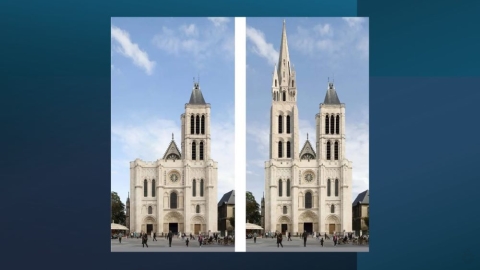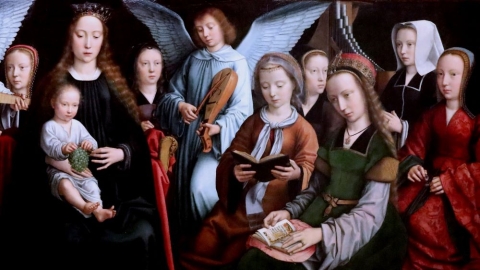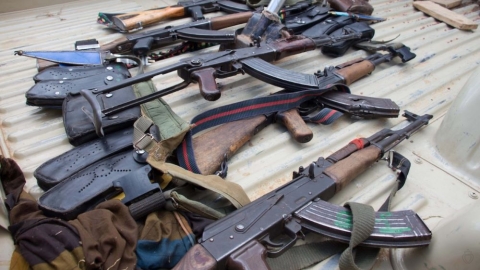The Next Pope After Francis (1)
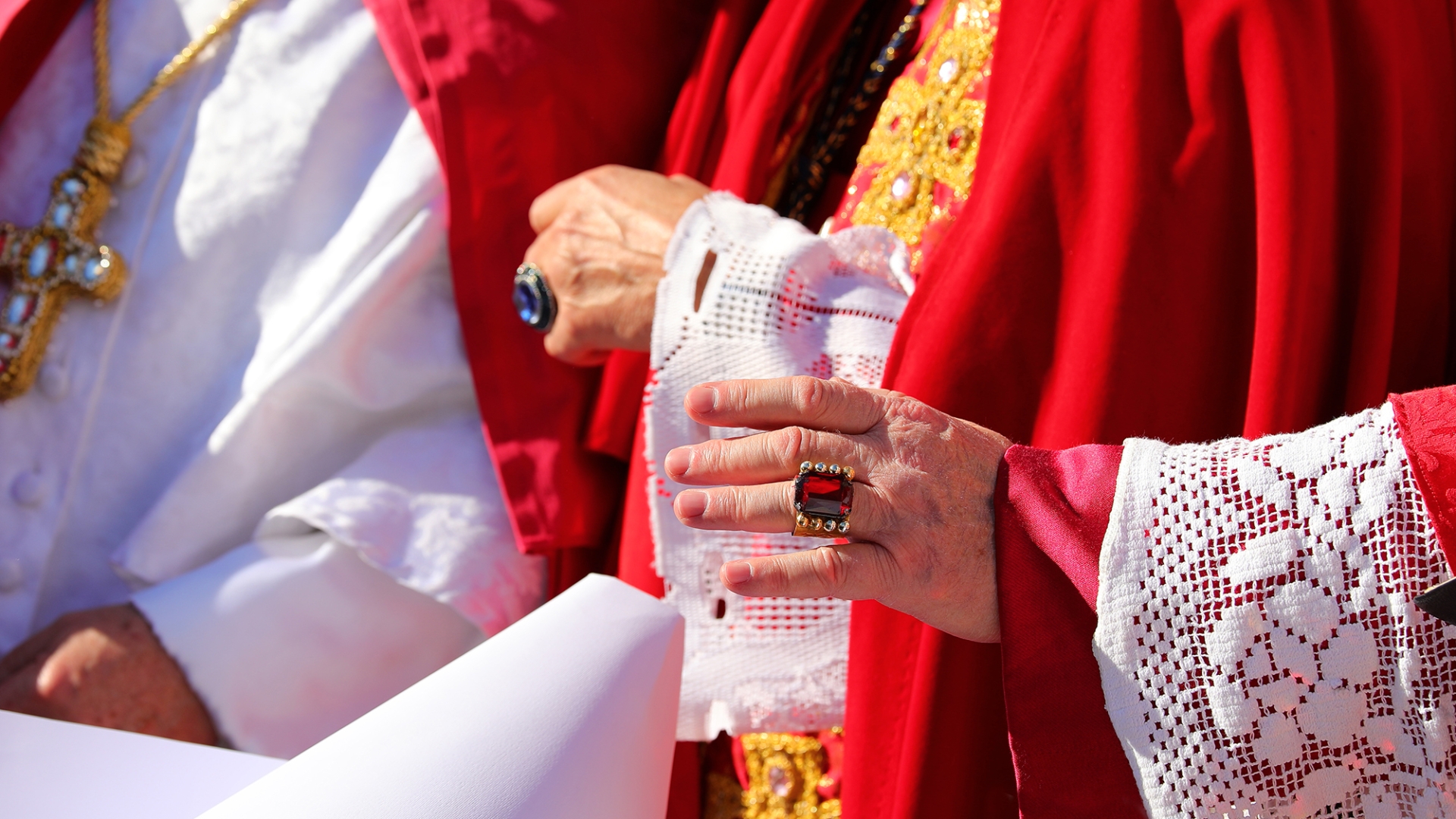
In Rome, the question of Pope Francis's succession has become increasingly acute since his health has deteriorated. The Vatican press room issues frequent but terse communiqués, saying that the Holy Father had to cancel this or that appointment, following a “bad flu.” He himself admits that he has difficulty reading his speeches, which is why he has them read by a monsignor from the Secretariat of State.
It is in this particular climate that a document appeared on La Nuova Bussola Quotidiana on February 29, 2024 in six languages entitled “The Vatican Tomorrow” signed by a certain “Demos II.” The name is in reference to the “Demos” memorandum published by Sandro Magister in 2022, and which we learned, after his death on January 10, 2023, was authored by Australian Cardinal George Pell.
From Demos I…
In 2022, Cardinal Pell courageously wrote: “Previously it was: Roma locuta. Causa finita est.” [Rome has spoken, the case is closed.] Today, it is: “Roma loquitur. Confusio augetur.” [Rome speaks, confusion increases]. And he illustrated his point with a few facts: “The German synod speaks of homosexuality, women priests, and communion for the divorced. The papacy is silent.”
“Cardinal Hollerich rejects Christian teaching on sexuality. The papacy is silent. This is doubly significant because this cardinal is explicitly heretical; he does not use code or hints. If the cardinal were to continue without Roman correction, this would represent another deeper breakdown of discipline, with few (any?) precedents in history. The Congregation for the Doctrine of the Faith must act and speak.”
Already the Australian prelate gave some directives for a future conclave, starting from a severe but fair observation: “After Vatican II, Catholic authorities often underestimated the hostile power of secularization, the world, the flesh, and the devil, especially in the Western world and overestimated the influence and strength of the Catholic Church.”
“We are weaker than 50 years ago and many factors are beyond our control, in the short term at least, e.g., the decline in the number of believers, the frequency of Mass attendance, the decline or extinction of many religious orders.”
Consequently, he advocated: “The Pope does not need to be the world’s best evangelist, nor a political force. The successor of Peter, as head of the College of Bishops, also successors of the Apostles, has a foundational role for unity and doctrine.”
“The new Pope must understand that the secret of Christian and Catholic vitality comes from fidelity to the teachings of Christ and Catholic practices. It does not come from adapting to the world or from money.”
And he advises clearly: “The first tasks of the new Pope will to restore normality, restore doctrinal clarity in faith and morals, restore a proper respect for the law, and ensure that the first criteria for the nomination of bishops is acceptance of the apostolic tradition. Theological expertise and learning are an advantage, not a hinderance for all bishops and especially archbishops.”
“If there were no Roman correction of such heresy, the Church would be reduced to a loose federation of local Churches, holding different views, probably closer to an Anglican or Protestant model than an Orthodox model. An early priority of the next pope must be to remove and prevent such a threatening development, by requiring unity in essentials and not permitting unacceptable doctrinal differences. The morality of homosexual activity will be one such flash point.”
Related Article:
…to Demos II
In 2024, Demos II takes up the cardinal's observation, but the situation has worsened. The shortcomings of this pontificate are obvious: “an autocratic, at times seemingly vindictive, style of governance; a carelessness in matters of law; an intolerance for even respectful disagreement; and -most seriously - a pattern of ambiguity in matters of faith and morals causing confusion among the faithful.”
“Confusion breeds division and conflict. It undermines confidence in the Word of God. It weakens evangelical witness. And the result today is a Church more fractured than at any time in her recent history.”
Hence the following advice: “The next pontificate must therefore be one of recovery and reestablishment of truths that have been slowly obscured or lost among many Christians. These include but are not limited to such basics as the following:
(a) no one is saved except through, and only through, Jesus Christ, as he himself made clear;
(b) God is merciful, but also just, and is intimately concerned with every human life, He forgives but He also holds us accountable, He is both Savior and Judge;
(c) man is God’s creature, not a self-invention, a creature not merely of emotion and appetites, but also of intellect, free will, and an eternal destiny;
(d) unchanging objective truths about the world and human nature exist and are knowable through Divine Revelation and the exercise of reason;
(e) God’s Word, recorded in Scripture, is reliable and has permanent force;
(f) sin is real and its effects are lethal; and
(g) His Church has both the authority and the duty to ‘make disciples of all nations.’ The failure to joyfully embrace that work of missionary, salvific love has consequences. As Paul wrote in 1 Cor. 9:16: ‘Woe to me if I do not preach the Gospel!’”
The author of this document in the form of a manifesto is a cardinal who collected the opinions of other cardinals and bishops. They justify their anonymity by the oppressive atmosphere that reigns in Rome, where “candor is not welcome.”
Some observers put forward the name of Cardinal Gerhard Ludwig Müller, which is plausible when we read in the list of “practical observations” made in the document, this assertion: “The Pope is a Successor of Peter and the guarantor of Church unity. But he is not an autocrat. He cannot change Church doctrine, and he must not invent or alter the Church’s discipline arbitrarily.”
“He governs the Church collegially with his brother bishops in local dioceses. And he does so always in faithful continuity with the Word of God and Church teaching. ‘New paradigms’ and ‘unexplored new paths’ that deviate from either are not of God. A new pope must restore the the hermeneutic of continuity in Catholic life and reassert Vatican II's understanding of the papacy’s proper role.”
This reference to conciliar collegiality and especially that to the “hermeneutic of continuity” promoted by Benedict XVI, can be found in the pen of the man who was his successor at the head of the Congregation for the Doctrine of the Faith. In any case this reference shows that the author and co-authors of the document are in a Ratzingerian line. In other words, on the conservative conciliar side. Cardinal Pell seemed bolder, speaking of a false assessment of the modern world since Vatican II.
(Sources : La Nuova Bussola Quotidiana/Dici n° 442 – FSSPX.Actualités)
Illustration : Photo 44072270 | Pape © Studio3321 | Dreamstime.com
